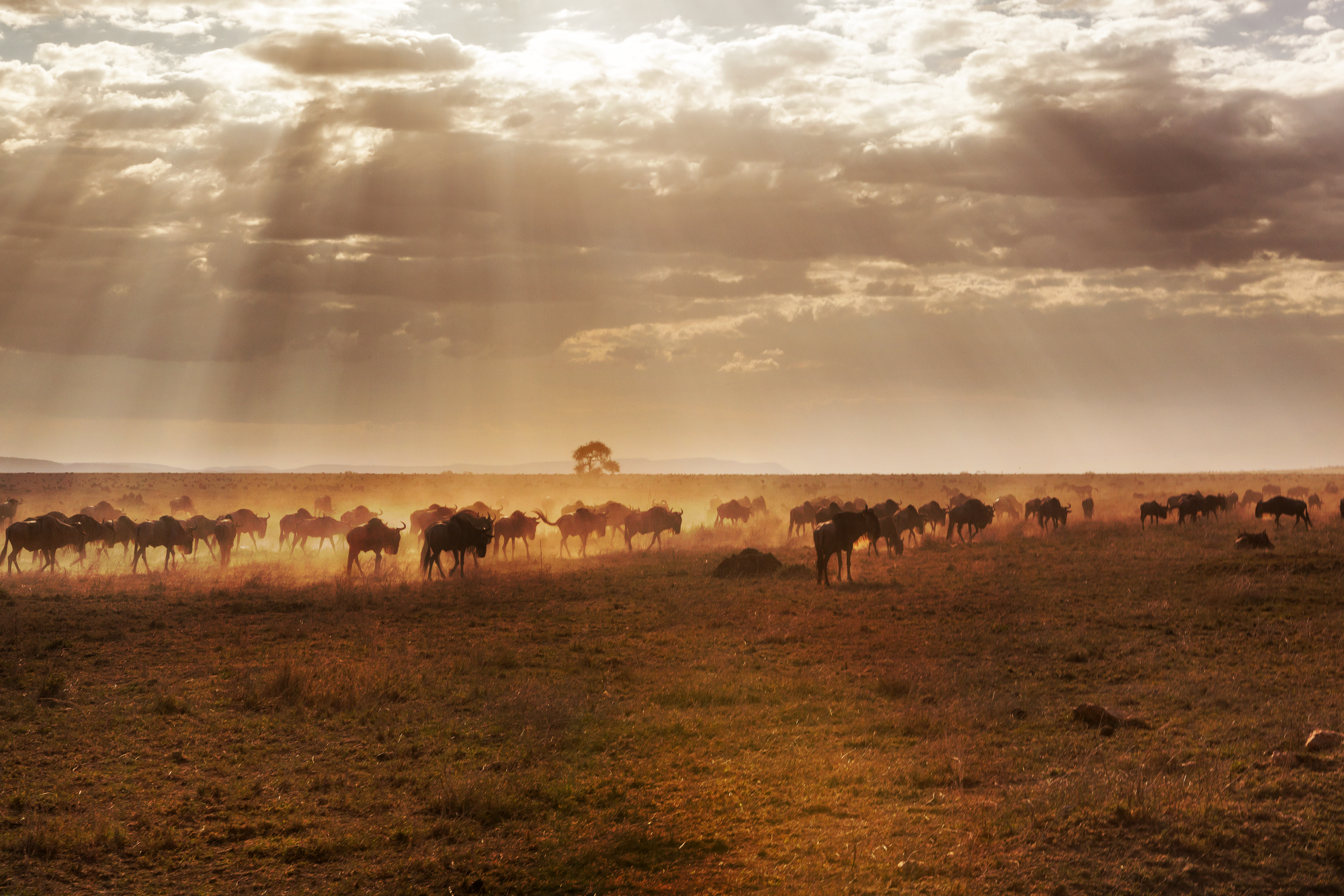Uganda reintroduced sport hunting near Lake Mburo National Park in 2001, later expanding it in 2008, to bolster local economies and reduce human-wildlife conflict. Analyzing two sport hunting policies, at Lake Mburo and Kabwoya, revealed government-led actions at Lake Mburo increased community benefits, albeit unevenly, while government control at Kabwoya led to stability but limited community involvement. Land ownership and differing hunting objectives significantly impacted policy outcomes. Economic benefits did not guarantee conservation support, emphasizing the need for context-specific conservation policies.

